Top Foods for Postpartum Recovery: A Complete Guide
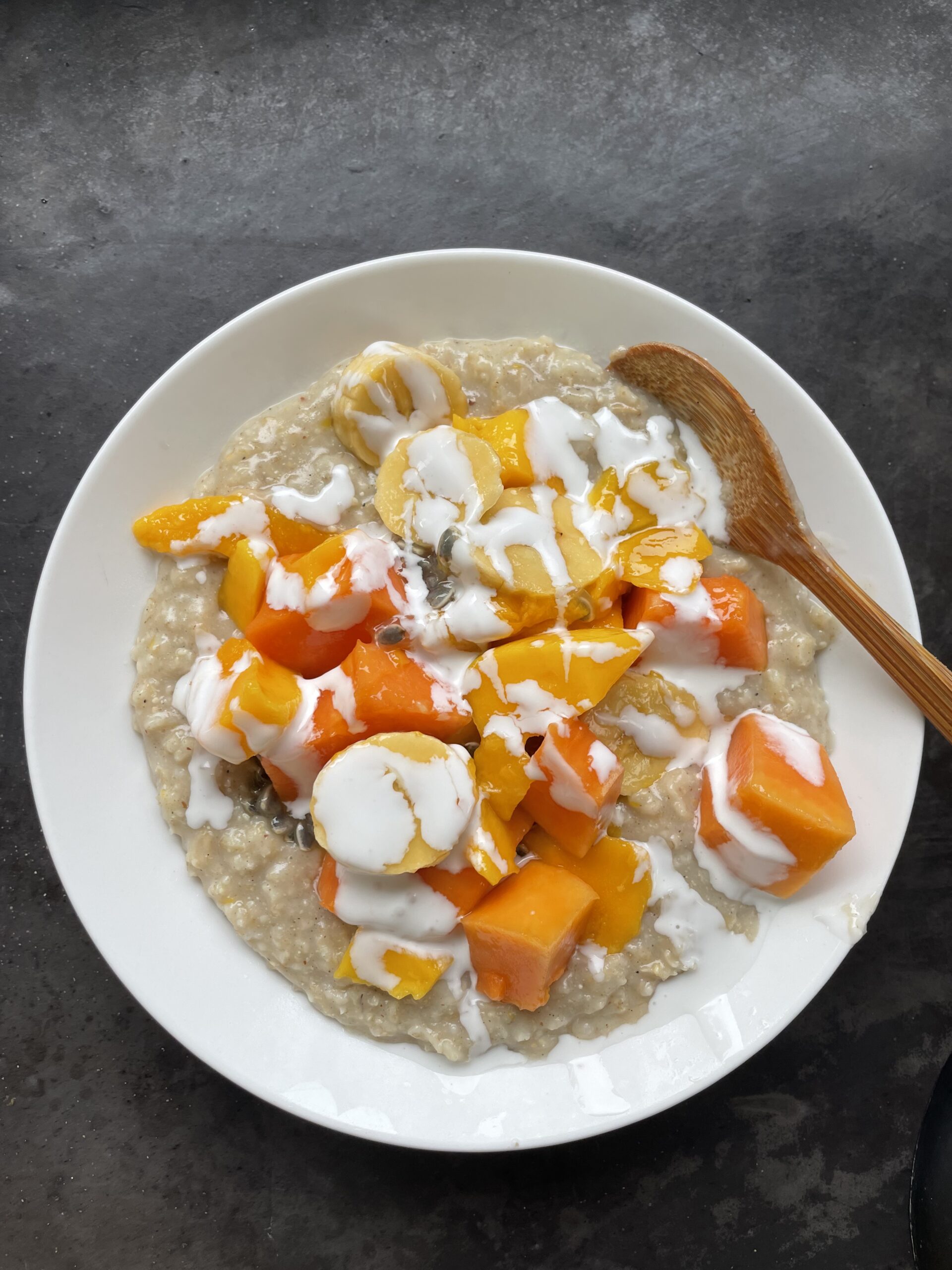
You just had a baby, your body is healing, and you’re exhausted. What you eat now can make all the difference in how you recover. In this post, I’ll share the best foods for postpartum recovery, based on scientific research and my personal experience as a mom and nutrition expert.
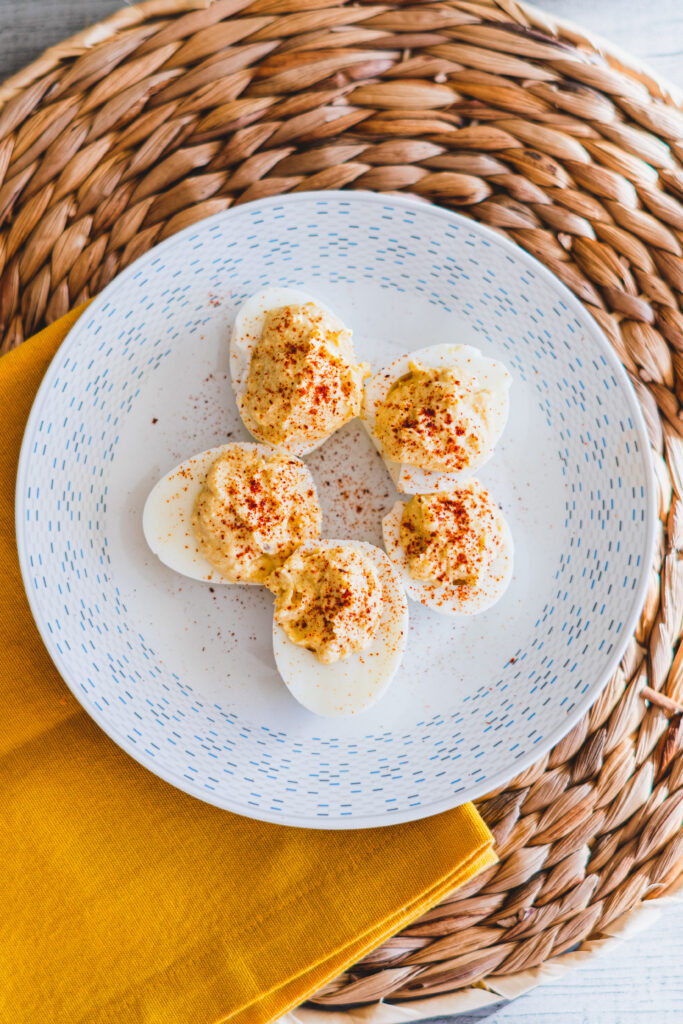
Why Nutrition Matters After Birth
After giving birth, your body enters a crucial stage of healing and recovery. Proper nutrition plays a foundational role in this journey. The main stages of postpartum where nutrition is critical for supporting are healing and recovery after birth, supporting breastfeeding, balancing hormones and mood, recovering from energy and sleep loss, supporting weight loss and metabolism, and building long-term health in your postpartum body.
Healing and Recovery Post-Birth
After either c-section or vaginal birth your body is truly depleted. It’s essential to start nourishing your body with real food after birth to aid in:
- replenishing blood loss
- repairing damaged tissue
- restoring hormones
Supporting breastfeeding
Breastfeeding is a beautiful way to connect with and nourish your baby. But it requires extra mindful nutrition and hydration to be successful! Key nutrients include DHA (omega-3), calcium, iodine, choline, and approximately 500-700 extra calories per day.
Balancing hormones and mood
A nutritious diet is your hormones’ best friend! After birth, your hormones are on a roller coaster. By eating a variety of nutrient-dense foods, you can help support and regulate your hormones and reduce your risk of postpartum depression. Key foods for postpartum recovery of hormones include:
- Iron-rich foods ( grass-fed beef, organic poultry, seafood, beets, beans, spinach)
- Healthy fats ( avocado, nuts, olive oil)
- Complex carbs ( sweet potatoes, quinoa, lentils)
- Vitamin-C rich foods ( bell peppers, broccoli, strawberries)
- probiotic dense food ( kefir, yogurt, sauerkraut, miso, tempeh)
- Collagen-rich and forming foods (bone broth, gelatin, salmon skin, leafy greens, berries, citrus)
- Omega-3 fatty acids (sardines, salmon, walnuts, chia seeds, flax)
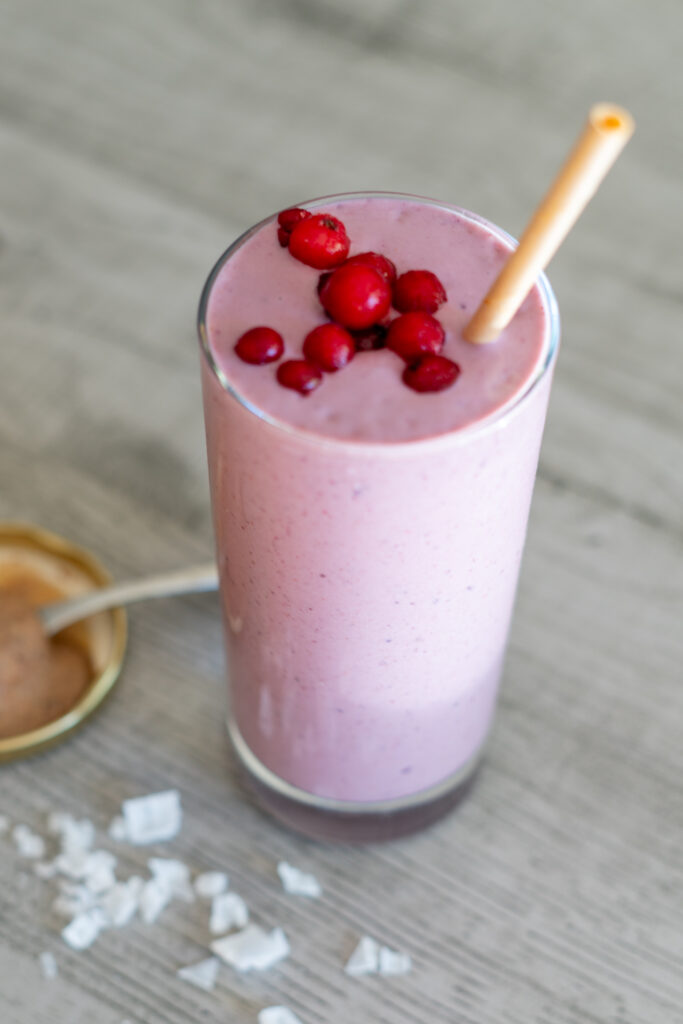
Energy and sleep recovery
Stabilizing your blood sugar is key for beating a midday slump and continuing to function after an all-night feeding frenzy! A great way to stabilize blood sugar is to “dress your carbs”. Enjoy complex carbohydrates by pairing them with healthy fats or protein! A great example is an apple with nut butter or Greek yogurt.
Weight loss and metabolism support
A balanced diet is essential for maintaining overall health! Limiting processed foods and nourishing your body with real, whole foods is a great way to lose weight and support your metabolism. Real food always equals real results!
Building long-term health in your postpartum body
Remember to have grace. Your body grew a baby in 9 short months! That is truly incredible. The way you treat yourself during your postpartum journey will set the stage for your overall success and a loving relationship with yourself for years to come. Small steps, such as removing processed foods, enjoying more dark, leafy vegetables, or purchasing grass-fed, organic meat, are all beautiful ways to celebrate yourself in motherhood.
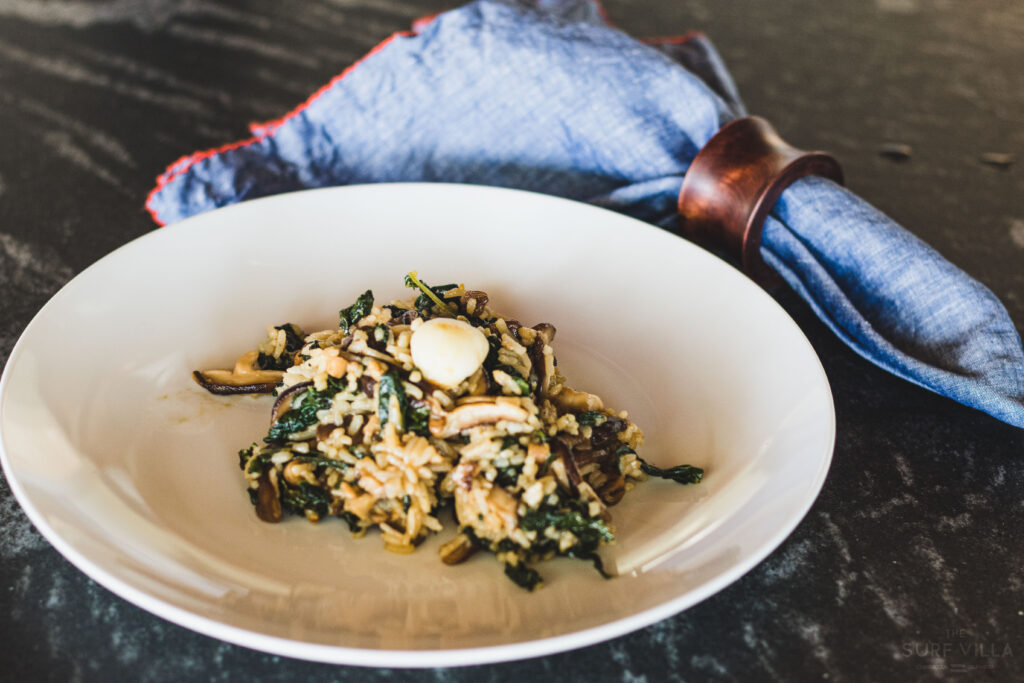
15 Best Foods for Postpartum Recovery
Let’s take a look at the 12 best foods for postpartum recovery and what good they do for your mama body.
Salmon or Sardines — Rich in Omega-3s, reducing inflammation, supports healing, and brain health
Bone Broth — Collagen for Tissue Repair
Eggs – choline and protein for cell repair and brain health
Pumpkin seeds & sunflower seeds – packed with zinc and vitamin E for wound healing
Lentils & legumes – iron, folate, and plant-based protein, great for supporting milk supply
Oats – contain iron and beta-glucan to support milk supply
Avocados – a healthy fat for happy hormones
Brazil nuts – selenium for thyroid support
Fermented foods ( sauerkraut, kimchi, kefir) – promotes a happy gut microbiome.
Chickpeas – protein and fiber for sustained energy
Dates – packed with vitamins and minerals, and help curb sugar cravings
Quinoa – a plant-based complete protein with iron and magnesium
Dark leafy greens ( spinach, Swiss chard) – great source of iron and folate to aid in red blood cell formation.
Dried apricots and prunes – sweet tooth satisfying and rich in iron and fiber.
Berries – a great source of antioxidants for mood, brain health, and skin health
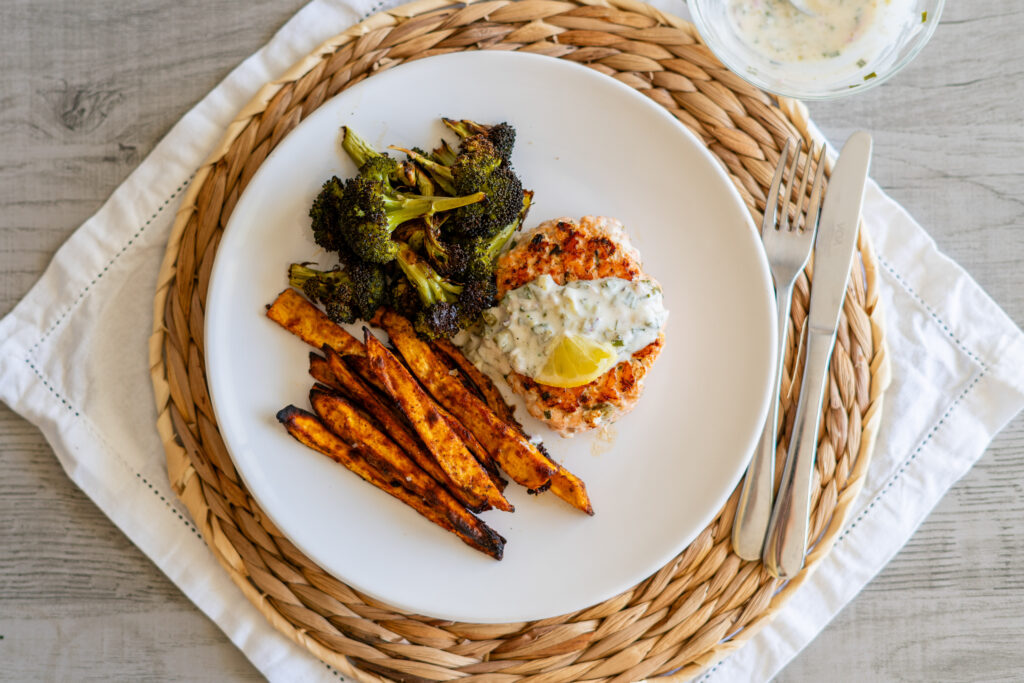
Foods to avoid postpartum
Not all foods are created equally. There are a handful of less-than-desirable options that may slow down your postpartum recovery.
Ultra-processed foods – these include packaged snacks, cereals, crackers, candies, frozen meals, and any food with added ingredients, fillers, or gums. Ultra-processed foods often lack essential nutrients and may contribute to weight gain, as well as negatively impact your mood.
Refined sugar – these include cakes, cookies, candy, and sweetened beverages. Sugar is inflammatory and can wreak havoc on your immune system, skin, and lead to unstable blood sugar levels, causing energy slumps and brain fog. Caffeine
Excess Caffeine – while no caffeine is better than some caffeine. It’s okay to have 1-2 servings of caffeine per day for most people. Caffeine can spike your cortisol levels, cause anxiety, and transfer through breastmilk to your baby, disrupting both of your sleep!
Alcohol – alcohol depletes the body of nutrients, dehydrates, and slows healing. It is best to avoid postpartum and while breastfeeding. If you do consume, wait at least 3 hours before breastfeeding.
How to Build a Healing Postpartum Meal
Building a healing postpartum meal doesn’t have to be intimidating or complicated. Here are the key steps to keep in mind while creating your nourishing plate.
Cooked or Warm Foods: In the first few days or weeks postpartum, keep your food cooked, as it is more easily digested. As time passes, you can reintroduce raw vegetables and salads. Best to listen to your body and see how it feels.
Fill your plate with color: Enjoy a rainbow of vegetables, the more variety in color, the better! This visual is a great way to get a variety of vitamins and minerals.
Quality Protein: Enjoy a good serving of quality protein at every meal. Protein is essential for tissue repair, weight management, and stabilizing blood sugar levels. Consume a variety of protein from both animal sources, like eggs, grass-fed organic meat, oily fish, and plant sources like tofu, tempeh, beans, and legumes.
Carbohydrates: Enjoy complex carbs by pairing them with protein or fat. If you’re having sweet potatoes, eat them with a dollop of Greek yogurt. A nectarine, have some manchego cheese or a handful of dry-roasted nuts. This method can help stabilize your blood sugar levels.
Postpartum Recipes
Looking for a good recipe to aid you in your postpartum recovery? Dig into one of these nourishing and mindful meals!
Leave a comment with your favorite postpartum food!
Share what recipes have been working for you and help other mamas on their journey!


